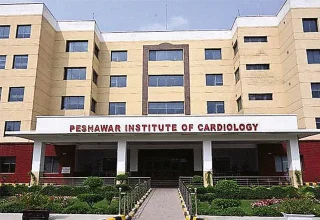
Scientists warn in their new study that a common drug taken to prevent blood clots and as a pain reliever may cause heart attacks and strokes in adults.
One survey estimates that 40% of people age 60 and older take aspirin daily. But experts have found that overuse of aspirin can cause major bleeding, outweighing any benefit in preventing a first heart attack or stroke.
However, doctors still recommend it in some cases for those who have had a heart attack or stroke, another to prevent it.
Because aspirin is said to increase the risk of major bleeding, such as aneurysms, the researchers wanted to know whether it could also cause subtle bleeding: the type of anemia or reduced oxygen in the blood.
According to CNN, “Anemia is another major problem in the elderly, although perhaps underappreciated compared to heart attack and stroke. Studies show that 30% of people aged 75 and over worldwide are anaemic, and anemia is commonly associated with poor health – including fatigue, memory and thinking problems, depression and an increased risk of death.”
In a study that followed participants for five years, those who took aspirin were 20% more likely to be anemic than those who did not.
According to the results, “Experts estimated that 24% of seniors in the daily aspirin group would develop anemia within five years, compared with 20% in the placebo group.”
“Those taking the aspirin regimen had slightly lower levels of hemoglobin and ferritin, which help blood cells carry oxygen,” the scientists revealed.
The difference remained when the researchers adjusted their data for cancer and major bleeding events during the study, and for other differences between participants such as age, sex, diabetes, kidney disease and use of nonsteroidal anti-inflammatory drugs. NSAIDs.
The study does not explain how aspirin contributes to anemia, but the authors believe that aspirin makes it harder for blood to clot because it makes platelets stick together.
The researchers also noted that aspirin also blocks an enzyme called COX-1 — which is crucial for maintaining the lining of the stomach and intestines. When this protective barrier is damaged, small amounts of blood can easily leak from the intestines over time, eventually causing anemia.
“Because this effect was observed in different groups, regardless of their underlying health, this may be a major concern for people who have other risk factors for anemia, such as inflammatory diseases such as arthritis or chronic renal insufficiency,” the researchers wrote.
They also said doctors should monitor their patients’ hemoglobin levels more closely if they have multiple risk factors, including aspirin use.














































